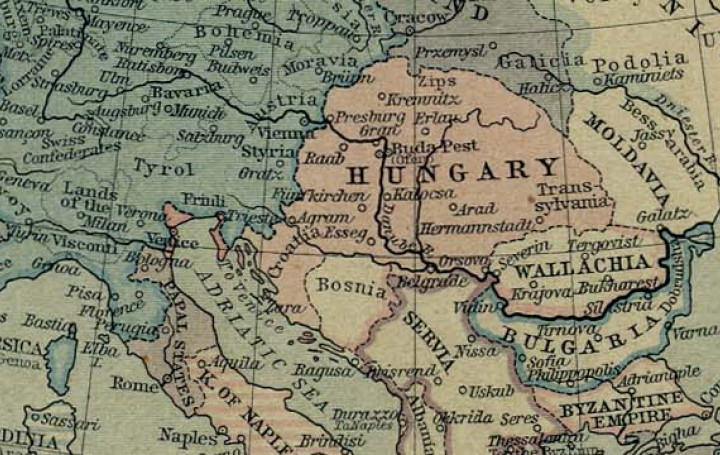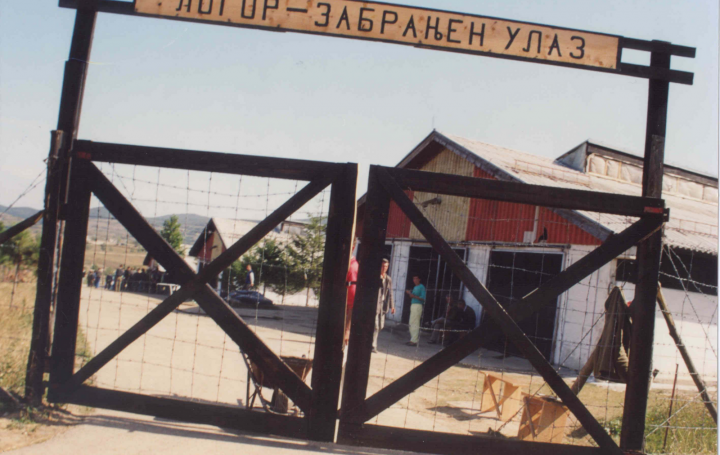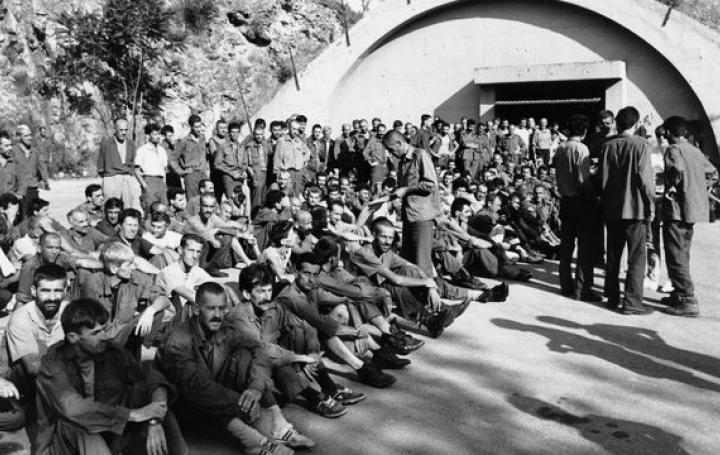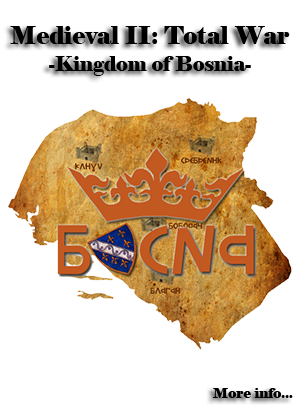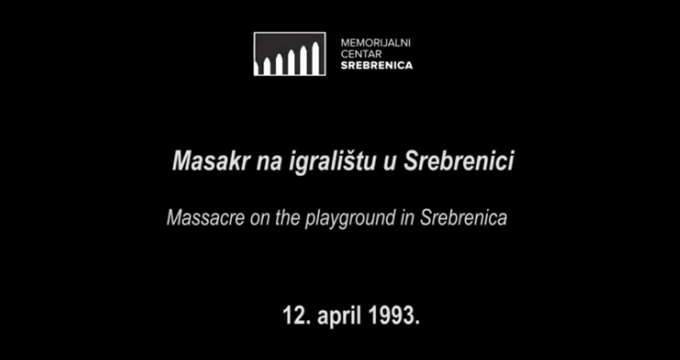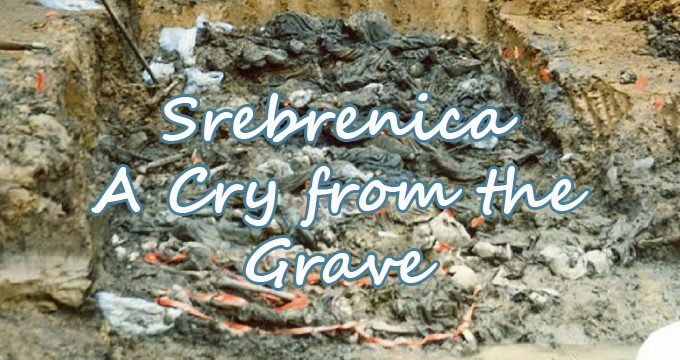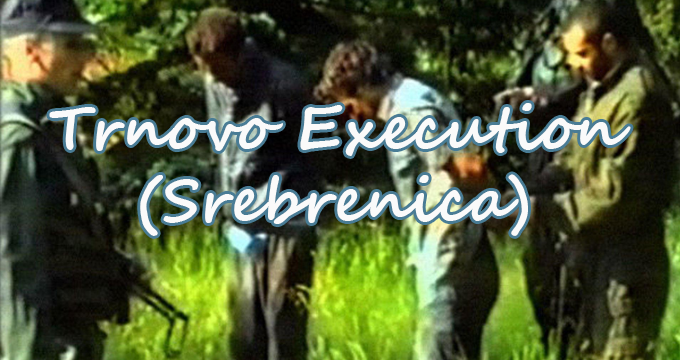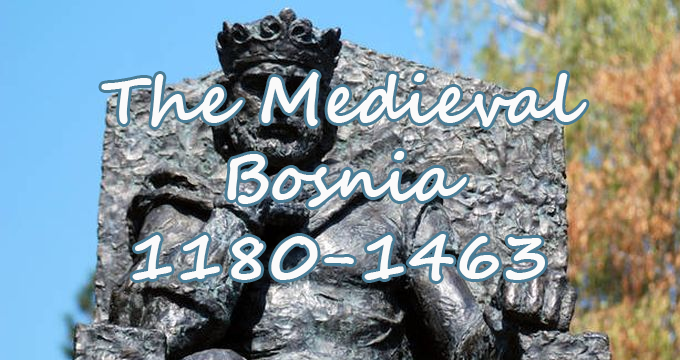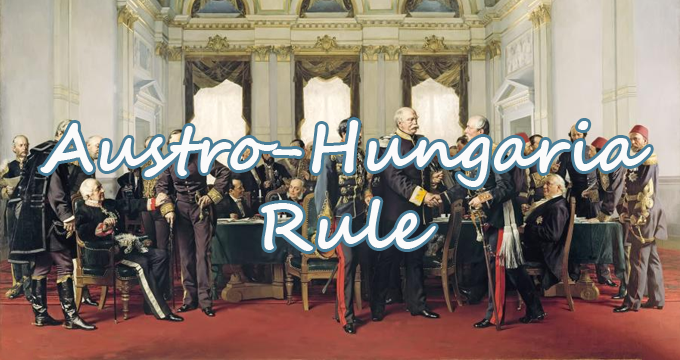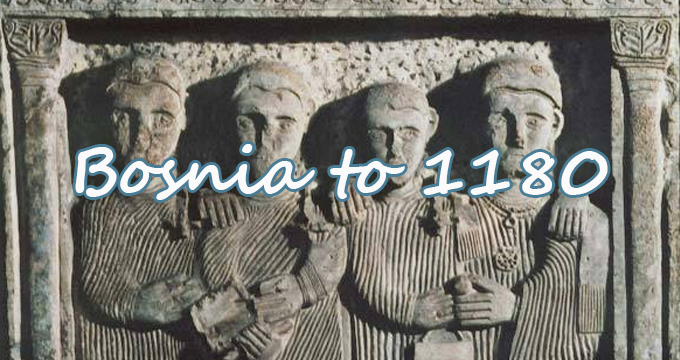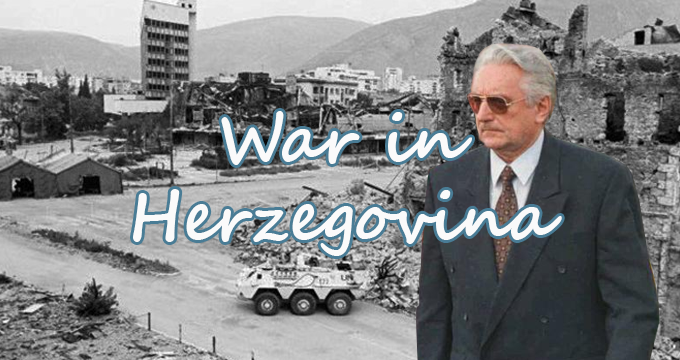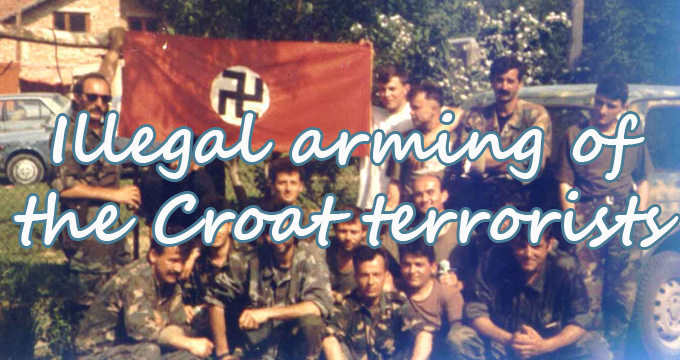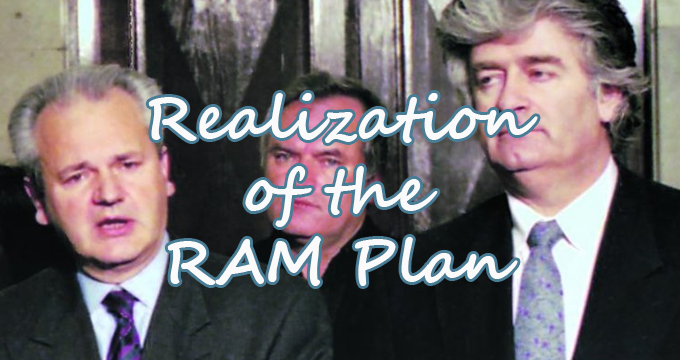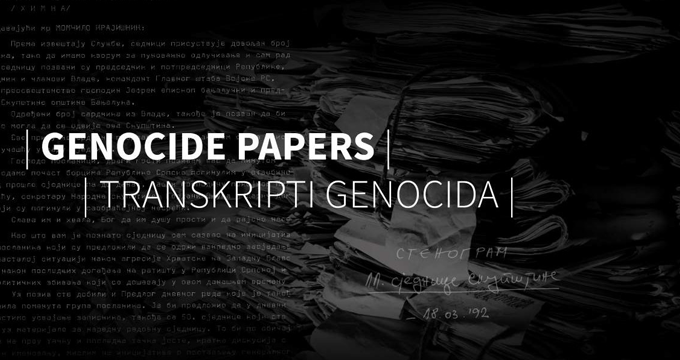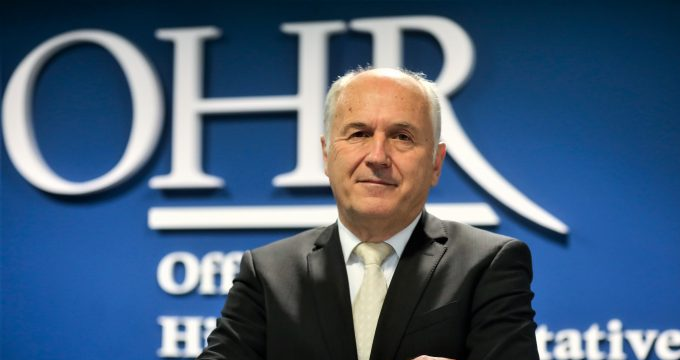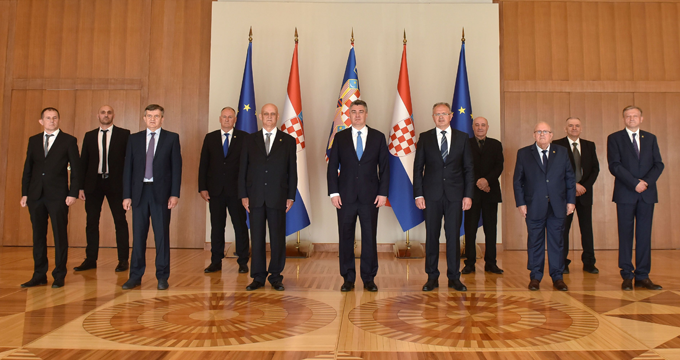The President of the Republic Zoran Milanović received in his Office retired officers and wartime commanders of the Croatian Defence Council (HVO), including General Tihomir Blaškić a wartime Commander of the Vitez Command Area and Wartime Chief of the General Staff of HVO. Retired General Tihomir Blaškić was convicted by the International Criminal Tribunal for the Former Yugoslavia (ICTY) of grave breach of the Geneva Convention and violations of the laws or customs of war and was sentanced to 9 years in prison.
President Milanović defended his decision to receive in his office former Croatian Defence Council, HVO officers, including Tihomir Blaškić.
“There are various categories of war crimes, crimes against humanity and crimes related to the customs of war and waging war; it is a wide range of offences. If Blaskić was responsible for something for which [wartime Bosnian Serb military chief] Ratko Mladic is responsible, I would not host him,” Milanović told media.
He described the Hague Tribunal’s conviction of Blaškić as a “political verdict”.
Milanović said that he would also receive Milivoj Petković, a former HVO commander who is serving a sentence after being convicted by the the International Criminal Tribunal for the Former Yugoslavia (ICTY). “I will receive Petković when he gets out of prison. I hope it will be soon. And I will receive him because he is not a war criminal,” Milanović said. Milanović also defended Petković in August last year, when he stated that “not everyone who was sentenced in The Hague was a war criminal”.
Petković was convicted in 2017 of committing crimes against humanity, violations of the laws or customs of war, and grave breaches of the Geneva Conventions between 1992 and 1994.
He was found guilty of participating in a joint criminal enterprise intended to remove Bosniaks from territories of Bosnia and Herzegovina in which the Bosnian Croat leadership, along with the leadership of Croatia, wanted to establish Croat domination.
Interestingly Milivoj Petković has written a letter to the president of the UN’s Mechanism for International Criminal Tribunals in The Hague from prison in Belgium saying that he accepts his 20-year sentence and expresses regret for the crimes committed against Bosniaks during the war.
“Today, eight years since the first-instance judgement and four years since the final judgment, I have a need to say to you, Mr. President, and to all others, that I accept my judgment and personal responsibility for my acts or omissions which led to the commission of crimes I was convicted for. also accepted the punishment which I serve,” Petković said in the letter, which was sent on August 30th and made public on Monday.
“There is no justification, nor excuse, for the crimes committed. Because of that I feel sincere remorse and express my deep condolences to all victims of Bosniak ethnicity, and to their relatives and friends. I feel a human need to say this, although I am aware that my regret and expression of condolences offer weak consolation to those who have lost their loved ones,” he added.
Petković also said in the letter that admitting the crimes and expressing “sincere remorse and expression of condolences” to the families of victims was “the only way to reconciliation, preserving peace and coexistence among the peoples of Bosnia and Herzegovina and ex-Yugoslavia”.
“I hope this statement of mine will contribute to that goal at least a little bit,” he added.
Question remains how will President Milanović explain to himself that Petković is a war criminal who accepted the Hague verdict?
Reference:
1. Official website. Office of the President of the Republic of Croatia. (April 26, 2021) https://www.predsjednik.hr/en/news/president-milanovic-receives-retired-croatian-defence-council-hvo-officers/
2. BIRN, Balkan Investigative Reporting Network (April 27, 2021) https://balkaninsight.com/2021/04/27/croatian-president-defends-bosnian-croat-war-crime-convicts/
3. BIRN, Balkan Investigative Reporting Network (September 07, 2021) https://balkaninsight.com/2021/09/07/bosnian-croat-ex-leaders-jail-letter-expresses-regret-for-crimes/


